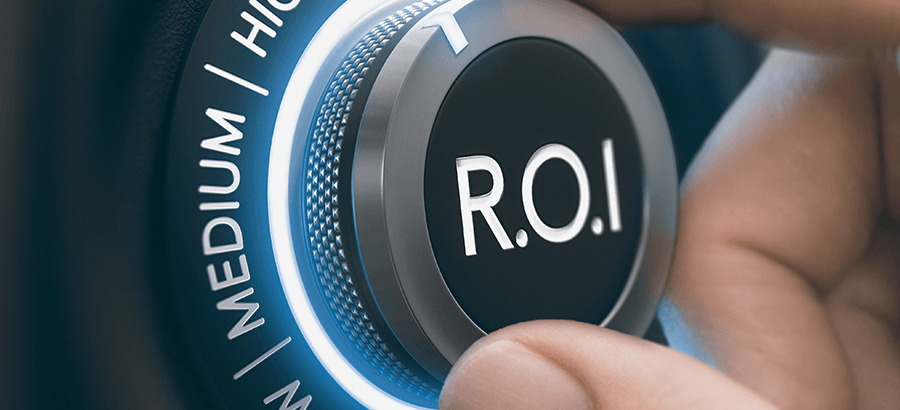We are regularly asked to provide a tool to demonstrate ROI (Return on Investment) on the purchase and implementation of an ERP system. Personally I don’t believe in today’s uncertain, unpredictable, fast moving world there is value in such a tool.
Remember a number of years back when you were sold insurance and investment policies – the salesperson would reveal graphs on the 5, 10, 15, 20 year predictions of how your investment would perform. You also had the choice of high, medium and low risk and each of these had different graph predictions. All of which was both mind-boggling and very convincing. I have to ask you – how have those investments actually performed against the Sales graphs? None of them factored in Enron and the economic crash we are recovering from, not to mention over $100 per barrel oil price and other hits that the economy has had to bear.
Buying an ERP solution and having someone predict the ROI you will get from your investment is pretty much the same. There are many factors that will affect your expectations and influence the actual ROI, some of these include:
- You and your staff’s commitment to the project – without executive buy-in and involvement in the project, the less likely the staff are to be fully committed to ensuring the project delivers on expectations.
- Your IT, processes and business maturity – a number of organizations do not examine their own IT maturity and end up buying and implementing a system their organization is not ready for, or is too complex for their simple processes.
- The effectiveness of your business processes – every company has their unique way of doing business and NO ONE should tell them how to run their business. However, staff can be too intimately involved in the processes to see the obvious possibilities of streamlining and eliminating unnecessary activities.
- Your sustainability initiatives and reduce waste policies – this is something facing all of us and we need to examine what is currently possible for our organizations and what we can plan for the future. Whatever your plans, your business solution should be capturing and reporting on relevant sustainability information.
- Your company’s strategy, and how well the implementation team and operational staff understand and take steps to achieve it – unless your strategy is well accepted and understood by everyone in your business Value Chain, it will not flow through to the operational levels, and will not impact business processes. This will result in the implementation team only providing your staff with the tools to deliver on what they think they need.
- Your business objectives of buying an ERP system in the first place – a number of organizations decide to look for and buy a new system because their old systems’ licenses are expiring, because they are dissatisfied with the existing system, because they have bought another company, because they have changed their business – the list is endless. However, unless the business objectives that senior executives expect a new ERP system to achieve are clearly defined and understood by all, it will have very little chance of proving real benefit.
- What are you changing – just the business system? Or the business system and processes? Or the business system processes and people? If you read the Thinking About ERP book you will see that the more you change, the greater the risk of failure, the longer the time to deliver, the greater the costs, but then also the greater the benefits.
All of the above are factors that would need to be considered and somehow put into an ROI tool to be able to truly predict the expected ROI. Do you think it’s feasible? What do you think should be in an ROI tool?
In my next blog I discuss ways in which our business modeling tool helps keep the variables listed in this blog in check and easier to manage.







